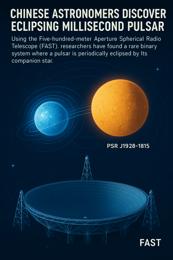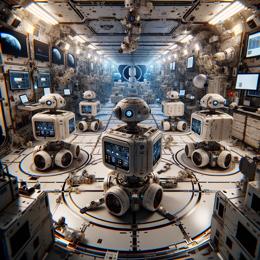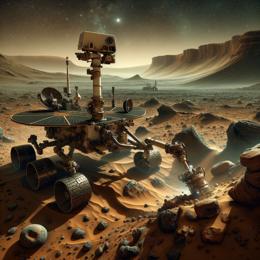Picture: for illustration purposes
North-West University Launches Groundbreaking Space Biology Research
The North-West University (NWU) in South Africa has embarked on an unprecedented journey in the field of space biology. For the first time on the African continent, the university's Faculty of Natural and Agricultural Sciences is unveiling the ambitious research initiative known as SpaceBiology@NWU.
Under the visionary leadership of Prof. Henk Bouwman, this innovative venture aims to explore how biology can assist with habitability in outer space. The research will encompass multidisciplinary contributions from other NWU faculties, including engineering.
With humans intending to revisit the moon in the future and potential colonization of the moon and Mars still some years ahead, there is a desperate need for innovative research to support these ambitions. A key focus area of the project is to explore how the in-situ production of fiber, carbohydrates, fats, protein, nutrients, and oxygen can be facilitated for sustainable life under harsh, confined conditions.
“We need to understand how to sustain organisms at productive rates in extreme conditions, this implies creating functional ecosystems based on regolith," explained Prof Bouwman. Regolith comprises unconsolidated, non-biologically enriched rock and dust. Africa, with its vast array of harsh environments, houses organisms that could potentially be candidates for space flight and colonization on lunar and Martian terrains.
The space biology project by NWU has gained significant attention amid the rise in space exploration by national and international entities like NASA, SANSA, ESA, SpaceX, and Blue Origin. Preliminary research revealed that earthworms could grow and reproduce relatively normally even at six times the earth's gravity. The next challenge is understanding their function under microgravity conditions.
According to Prof Bouwman, the expertise at NWU is perfectly positioned for conducting such avant-garde research, with a key focus on facilitating long space flights and future colonization.










